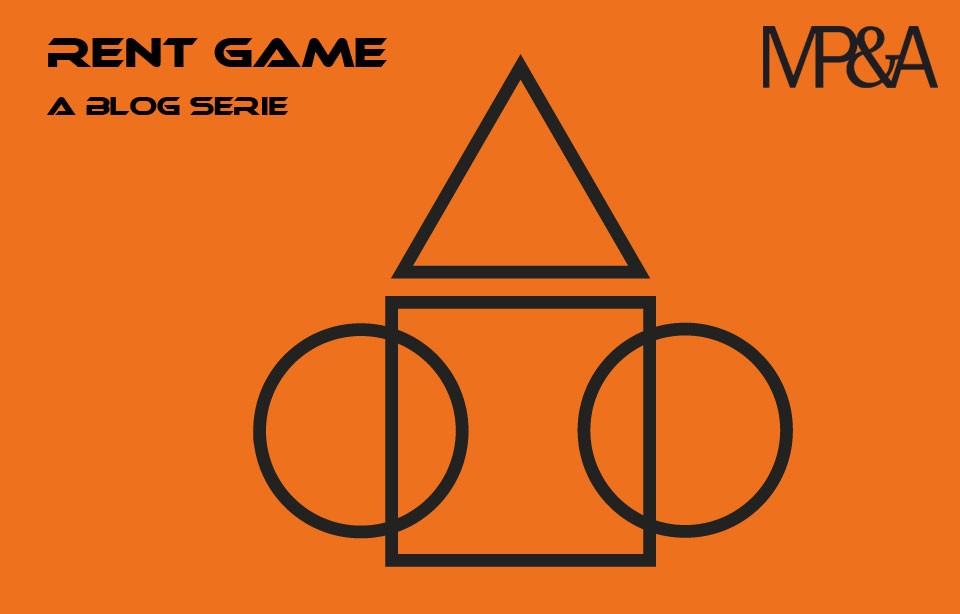In this episode of Rent Game we will examine the legal effects of the lack of payment of the rent.
Since we started publishing these series, we have received many questions about what a landlord may do when their tenant stops paying the rent. Therefore, we are going to examine these kinds of situations in this post.
It is stated in article 27.2 a) from the Urban Rental Law (Ley de Arrendamientos Urbanos) that the lack of payment of the rent enables the possibility to resolve the contract. In case that the tenant fails to pay the rent and the the landlord decides to initiate legal actions, they must decide whether they would like to resolve the contract or if they would still want the contract to remain valid if the tenant were to pay the money owed.
As for the first option, before initiating a legal procedure in Court, the landlord must claim the payment of the money owed at least 30 days beforehand. Like we have always said in this series, while today we have access to instant messaging apps such as Whatsapp that are very convenient in day-to-day use, we strongly advise that these type of notifications are done by a letter that has an acknowledgement of receipt (burofax).
After the 30-day period passes without having received any payment, the tenant will not be able to avoid the contract resolution by paying the money owed right after being notified of the legal claim initiated.
In case that the landlord wants to maintain the contract if the tenant pays the money owed, the landlord may initiate the legal procedure, after which the Court will give the tenant a 10-day term in order to pay the rents due. If the tenant pays in time, the procedure would end, remaining the contract valid. However, this can only be done one time: if the tenant fails to pay the rent again in the future, he will not be able to avoid the legal procedure by paying the rent, unless of course the landlord allows it.
However, we always recommend to always try to resolve this kind of conflicts outside of court, sending a formal letter to the tenant with acknowledgement of receipt in order to claim the money owed, regardless if after initiating the legal procedure the landlord allows the tenant to pay the money owed in order to avoid the procedure.
In both cases, the Court will set a date for the eviction. If the tenant does not abandon the property voluntarily and does not oppose to the legal claim, the eviction will take place on the date set.
And in case that the tenant opposes to the legal claim, the Court will set a date for a Trial in order to examine all the facts, documents, evidence and decide whether resolve the contract or not.
We hope to have cleared some of your doubts and concerns that you may have had as a tenant or landlord with this post. There will be more on this subject to follow, but in case that you need an in-depth legal assistance with your case, we in Méndez Padilla Abogados & Asociados are experts lawyers in landlord and tenant law and we can assist you with any legal issue on this matter that you may have, so do not hesitate in contacting us. You may contact us via Whatsapp, phone call or email.
If you are interested in receiving updates of this series, as well as updated information on Spanish law, you may subscribe to our newsletter filling out the form on the right-hand side of this page (below if you are reading on mobile).







